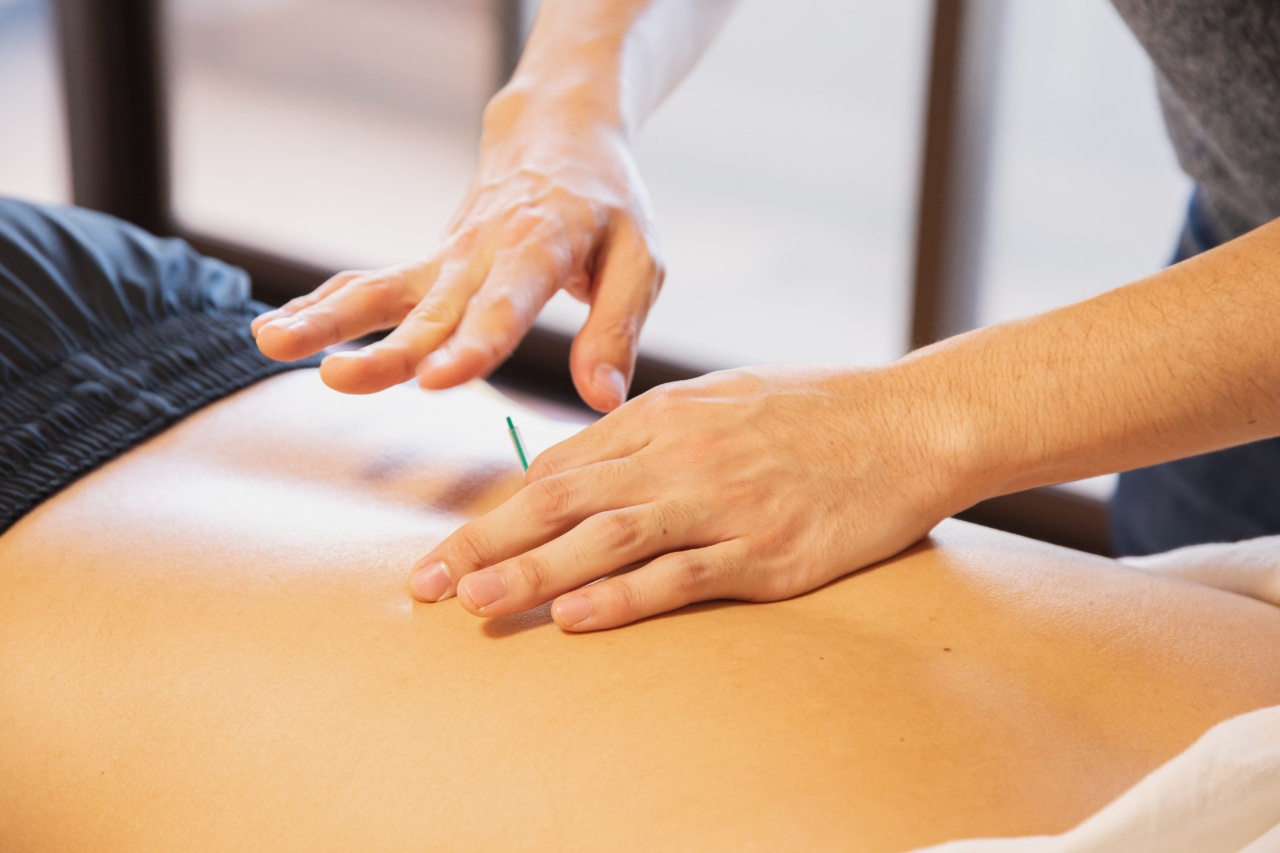Lymphedema is a chronic condition characterized by the accumulation of lymph fluid in certain body parts, commonly the arms or legs. It typically occurs when the lymphatic system, responsible for draining excess fluid, is damaged or blocked.
This condition can result in significant swelling, discomfort, and limited mobility, affecting a person’s quality of life. While there is no cure for lymphedema, a comprehensive physiotherapy program can support management and improve symptoms.
Understanding Lymphedema
Lymphedema can arise due to various factors, including genetic predisposition, surgery, radiation therapy, infection, or trauma. The impaired flow of lymphatic fluid leads to a buildup, causing swelling and tissue damage.
Early identification and intervention are crucial for effective management.
The Role of Physiotherapy in Lymphedema Rehabilitation
Physiotherapy plays a pivotal role in lymphedema rehabilitation by addressing the underlying causes, reducing symptoms, and enhancing overall quality of life. A comprehensive physiotherapy program for lymphedema typically includes various components:.
Educating Patients
Education is an essential component of lymphedema rehabilitation. Patients need to understand their condition, including the causes, risk factors, and warning signs.
They also learn self-care techniques, such as skin hygiene, bandaging, exercise, and protective measures to prevent infection or injury.
Manual Lymph Drainage (MLD)
MLD is a specialized technique performed by physiotherapists trained in lymphedema management. It uses gentle, rhythmic movements to stimulate the lymphatic vessels, facilitating the drainage of accumulated fluid.
MLD helps reduce swelling, improves circulation, and enhances the overall function of the lymphatic system.
Compression Therapy
Compression therapy involves the use of compression garments or bandages to control swelling and provide support to affected limbs.
Physiotherapists prescribe the appropriate compression garments based on individual needs, ensuring optimal fit and effectiveness.
Exercises and Movement Rehabilitation
Exercises and movement rehabilitation play a crucial role in maintaining lymphatic flow, muscle strength, and joint mobility. Physiotherapists design individualized exercise programs based on the specific needs and capabilities of each patient.
These exercises may include stretching, resistance training, and aerobic activities, all aimed at improving lymphatic drainage and overall functional ability.
Scar Management
In cases where lymphedema arises from surgical procedures, scar management is essential.
Physiotherapists utilize various techniques such as massage, stretching, and exercises to improve tissue mobility and reduce the impact of scar tissue on lymphatic flow.
Skin Care
Individuals with lymphedema are prone to skin infections and complications.
Physiotherapists educate patients on proper skincare techniques, emphasizing the importance of moisturizing, avoiding injuries, and promptly addressing any skin issues to prevent infection and worsening of their condition.
Dietary and Lifestyle Recommendations
Physiotherapists provide valuable guidance regarding dietary and lifestyle changes that can aid in lymphedema management.
This may involve recommendations for a balanced diet, maintaining a healthy weight, avoiding inflammatory foods, managing stress, and incorporating relaxation techniques.
Psychosocial Support
Lymphedema can significantly impact a person’s mental and emotional well-being. Physiotherapists offer psychosocial support, providing a safe space for patients to express their concerns, fears, and frustrations.
They also help individuals build coping strategies, ensuring holistic healing.
Collaboration with Other Healthcare Professionals
Effectively managing lymphedema often requires a multidisciplinary approach.
Physiotherapists collaborate with other healthcare professionals, such as occupational therapists, nutritionists, and psychologists, to provide comprehensive care and address all aspects of the condition.
Conclusion
A complete physiotherapy program is essential for individuals living with lymphedema.
By combining manual therapies, exercise, compression therapy, education, and psychosocial support, physiotherapists play a vital role in rehabilitating patients and enhancing their quality of life. It is crucial for individuals with lymphedema to consult with a physiotherapist specializing in lymphedema management to receive a personalized program to better manage their condition.































